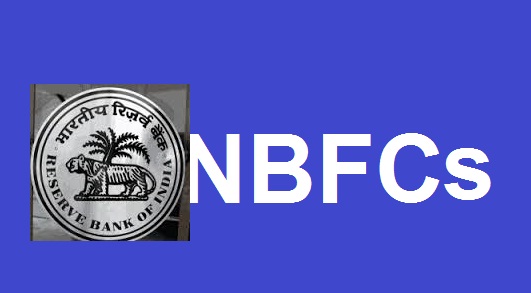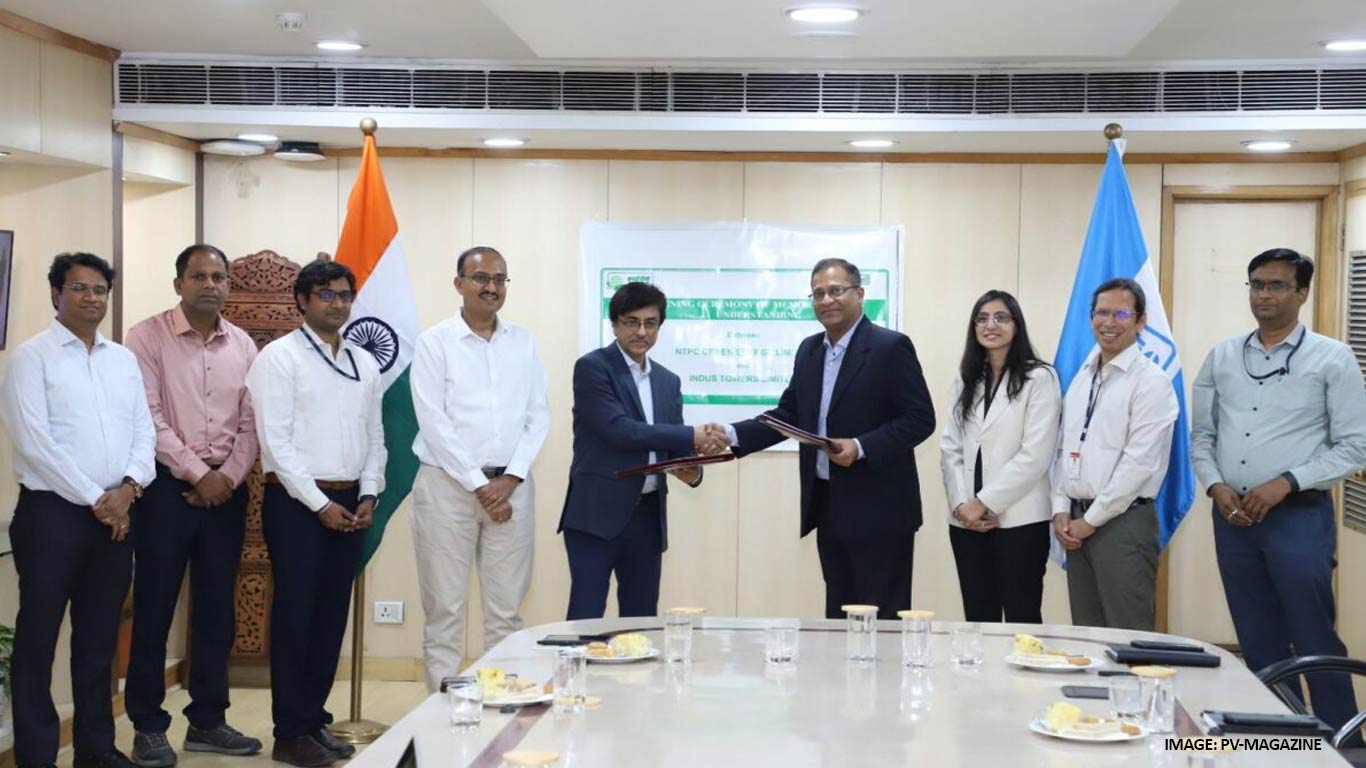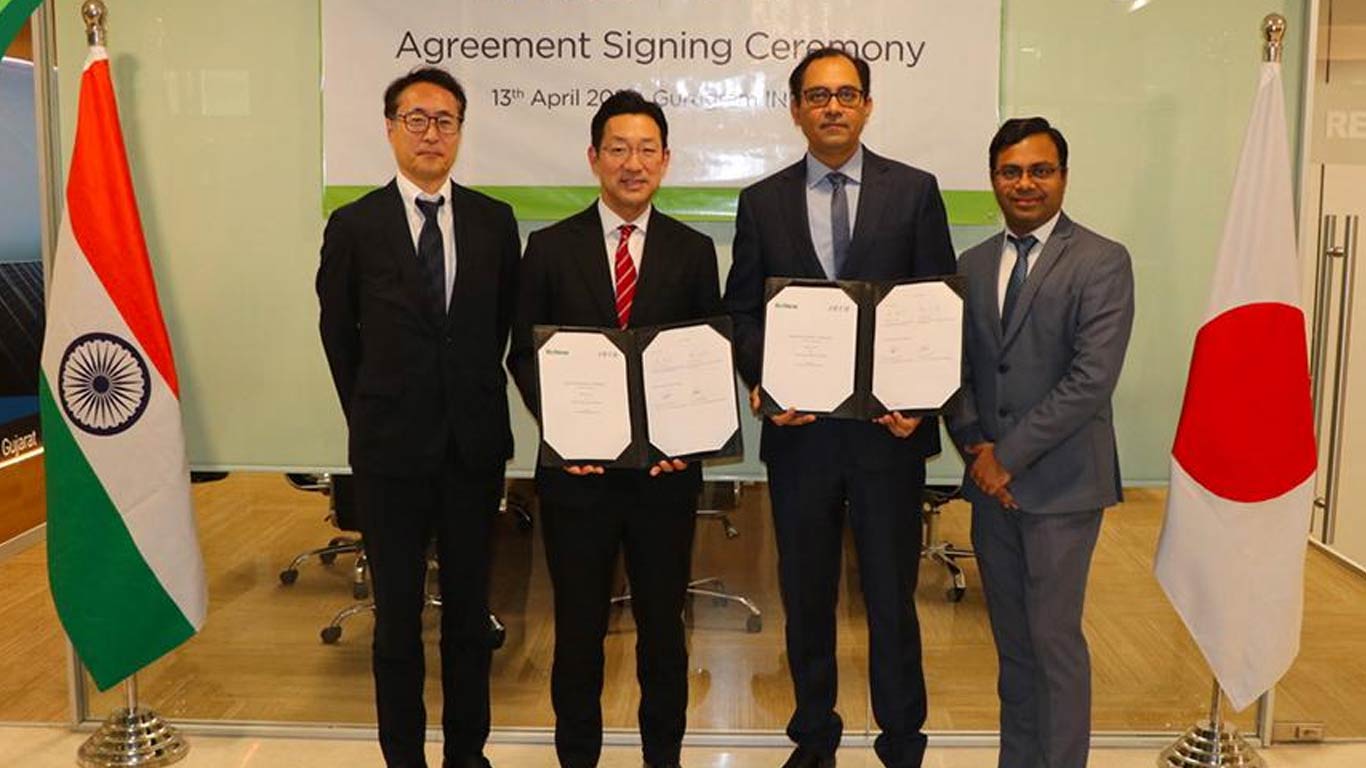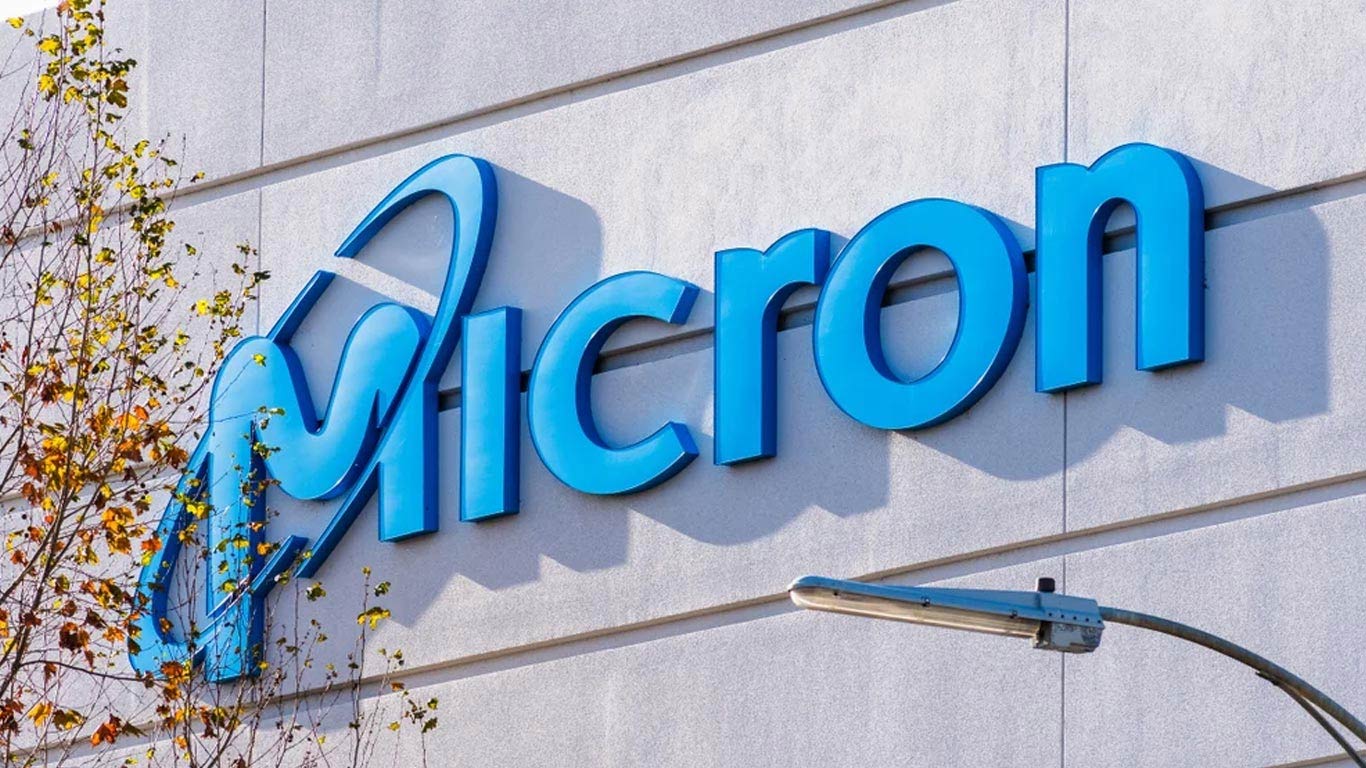RBI notifies draft liquidity risk management framework for NBFCs
Updated: May 25, 2019 06:27:57am

New Delhi, May 25 (KNN) In a bid to make Non-Banking Financial Companies (NBFCs) financially resilient, well-regulated and properly governed as they play an important role in delivering credit to retail as well as Micro, Small and Medium Enterprise (MSME) sector, Reserve Bank of India (RBI) notified a draft liquidity risk management framework for NBFCs.
The liquidity risk management rules will apply to all financial institutions with an asset size of Rs 100 crore and above.
In addition, the draft proposes to introduce Liquidity Coverage Ratio (LCR) for all deposit taking NBFCs; and non-deposit taking NBFCs with an asset size of ₹ 5000 crore and above.
With a view to ensuring a smooth transition to the LCR regime, the proposal is to implement it in a calibrated manner through a glide path over a period of four years commencing from April 2020 and going up to April 2024.
The LCR requirement shall be binding on NBFCs from April 1, 2020, with the minimum High-Quality Liquid Assets (HQLA) to be held being 60 percent of the LCR, progressively increasing in equal steps reaching up to the required level of 100 percent by April 1, 2024,” said the RBI draft.
HQLA means liquid assets that can be readily sold or immediately converted into cash at little or no loss of value or used as collateral to obtain funds in a range of stress scenarios.
In the draft framework, the RBI has also proposed the introduction of various tools for effective liquidity management and monitoring of liquidity risk for NBFCs.
The draft suggested setting up of a risk management committee, an asset-liability management committee and an asset-liability management support group in NBFCs.
The Reserve Bank seeks public comments on the draft framework for consideration before issuing the final guidelines.
Responses of NBFCs, market participants and other stakeholders may be sent latest by June 14, 2019 to the Chief General Manager, Reserve Bank of India, Department of Non-Banking Regulation.











